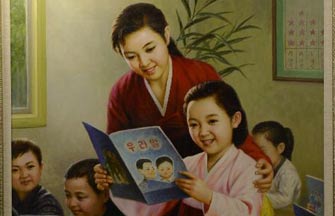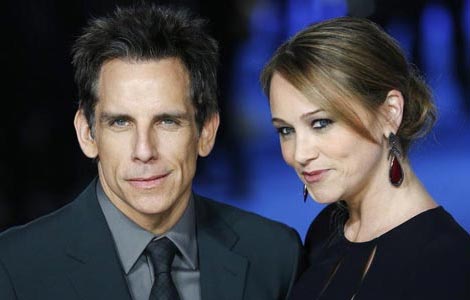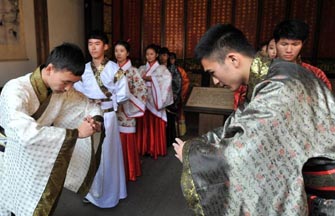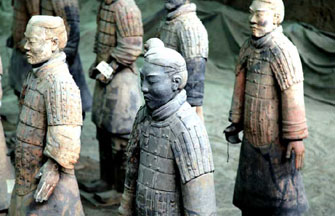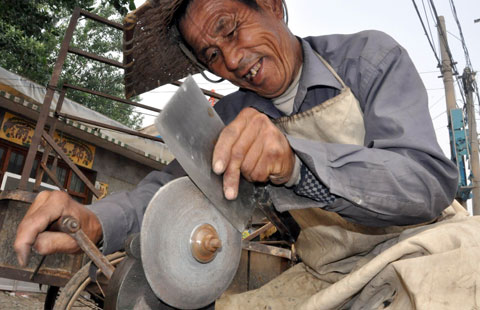The words behind the movie
By Wang Kaihao ( China Daily ) Updated: 2014-12-18 08:03:07
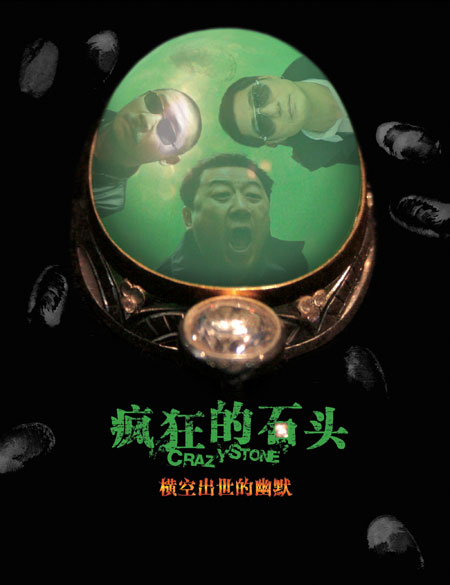 |
|
[Photo/China Daily] |
"It will make me depressed to always be thinking about how to make people laugh," says Zhou, who has written scripts for film and TV ranging from romance to horror and even sci-fi.
Zhou has always seen himself as a maverick. Born in Shandong province, he came to Beijing in 1994 as a waiter at Diaoyutai State Guesthouse, which houses foreign dignitaries.
"I met many different kinds of people when I was a waiter," he says. "Those days told me how to read human nature."
Zhou jokes that he's "the first waiter in Diaoyutai who resigned from the job". He enrolled in the prestigious film literature department at the Central Academy of Drama - although Zhou says his only previous experiences relevant to film were his days in video lounges.
But he was skilled in writing, and after college he spent years as a ghost writer and polishing his technical skills.
Zhou did not release any major script under his own name until 2004.
"Many screenwriters consider themselves to be artists, but I am only an industrial worker," he says.
Instead of complaining about the restrictive film system, he says: "We should reflect more: How can we bring a film to an audience if even we don't want to watch it?"
While orthodox filmmakers call for "art derived from reality", Zhou unconventionally claims that "screenwriters are those who tell audiences lies but remain sincere to themselves". For example, he never even went to New Oriental when writing American Dreams in China.
"However, that doesn't mean I fabricate what I write," he explains. "I will find any chance possible to talk to people during trips.
"Sometimes, I pretend to be divorced, and maybe the man sitting next to me will also complain about his marriage. Many interesting elements are collected - it's like saving small change. When I write stories, I can withdraw a huge sum of money."
|
|
|
|
|
|
|
|


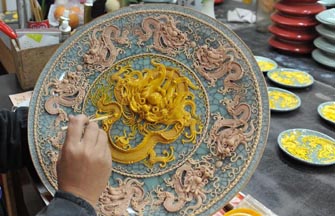
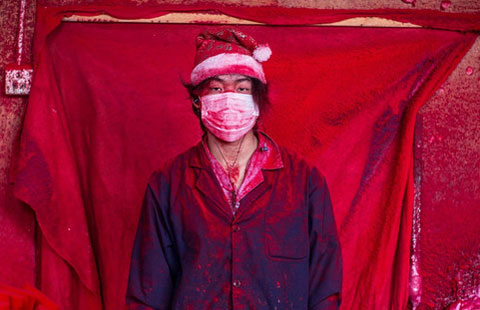



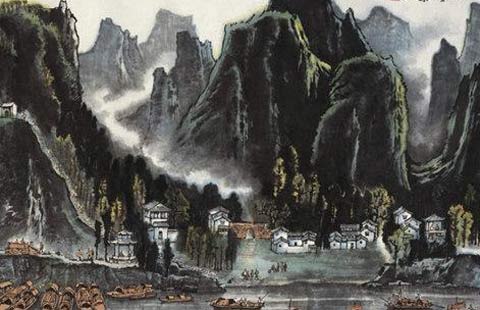


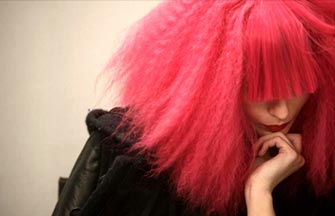





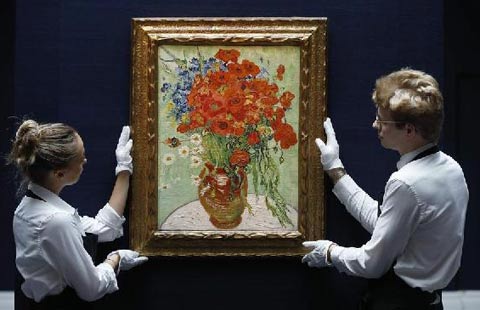
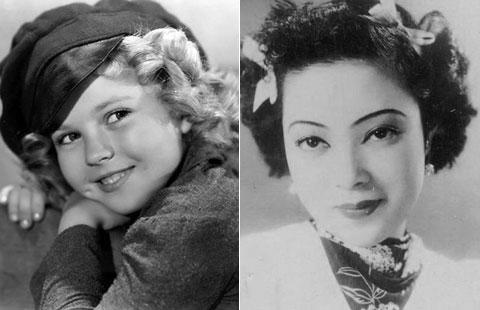



 Raymond Zhou:
Raymond Zhou: Pauline D Loh:
Pauline D Loh: Hot Pot
Hot Pot Eco China
Eco China China Dream
China Dream China Face
China Face
